From Booking Services to Global Supply Chains: UC Marketplace Redefines Digital Commerce
Akshay Sura - Partner
16 Jan 2025
It has been quite some time since I was impressed by a piece of technology. The demo and the capabilities of UltraCommerce Marketplace impressed and excited me.
As the world becomes more digital and interconnected, companies must meet different customer needs while grappling with complex operational ecosystems. This is where UC Marketplace by Ultra Commerce comes in, a groundbreaking platform that seamlessly connects local service-oriented operations to worldwide supply chain management. Whether booking appointments, aggregating offerings from many vendors, or navigating international logistics, UC Marketplace sets new benchmarks for digital commerce.
The Might of UC Marketplace: Incomparable Flexibility
UC Marketplace is more than just another e-commerce platform; it is an all-encompassing enterprise-grade solution that matches businesses’ unique requirements as they grow and become more complex. It combines service booking capabilities with advanced supply chain management, empowering businesses to reach out further and respond to modern trade demands.
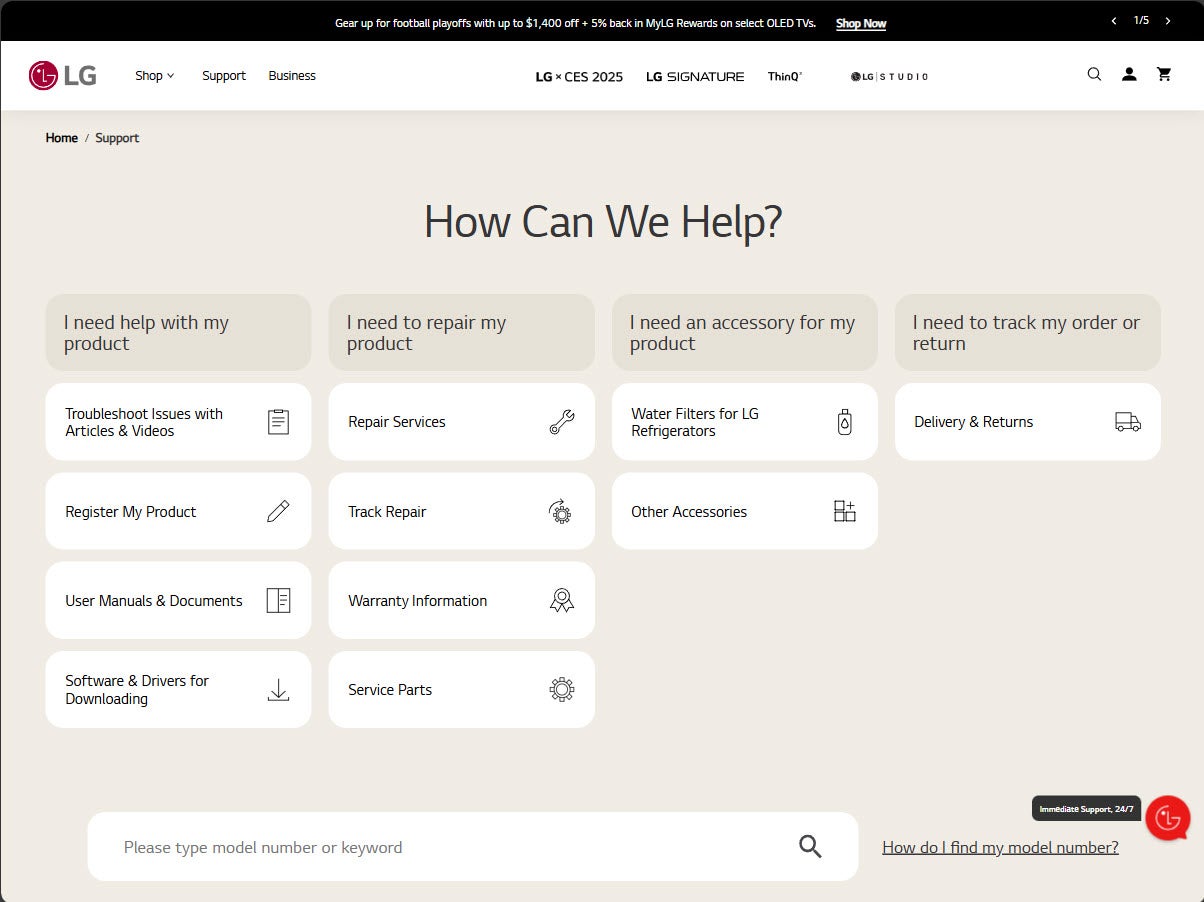
Revolutionizing Service Marketplaces
For businesses concentrating on services, UC Marketplace provides an effective structure that streamlines operations and elevates customer satisfaction. Its offerings encompass:
Dynamic Booking Systems: Easily handle appointments, providers of services, and scheduling across multiple sites.
Service Provider Matching: Intelligent algorithms connect customers to the best service providers based on location, expertise, and availability.
Custom Payment Solutions: It combines milestone-based payments, deposits, and refunds into one platform.
For instance, a healthcare marketplace can streamline patient bookings, facilitate secure payments, and schedule multi-location appointments from a single platform. These tools help service-oriented businesses provide consistent and effective experiences.

Product Marketplaces and Global Supply Chains Redefined
On the product side, UC Marketplace’s strength lies in creating and managing multi-vendor ecosystems. Some of the best features include:
Centralized Catalog Management: Unify the products’ listings in one place so customers can easily browse them before purchasing.
Cross-Border Commerce: Enable global sales by supporting multi-currency transactions, ensuring compliance with regional regulations, and facilitating supply chain integrations.
Split-Cart Transactions: Let your customers buy from many vendors in the same transaction while automatically splitting orders for payout processing purposes.
These are game-changing offerings to scale businesses internationally. For example, a retail marketplace can onboard vendors from different regions, manage product syndication across borders, and handle shipping logistics, ultimately providing a seamless buyer-seller experience.
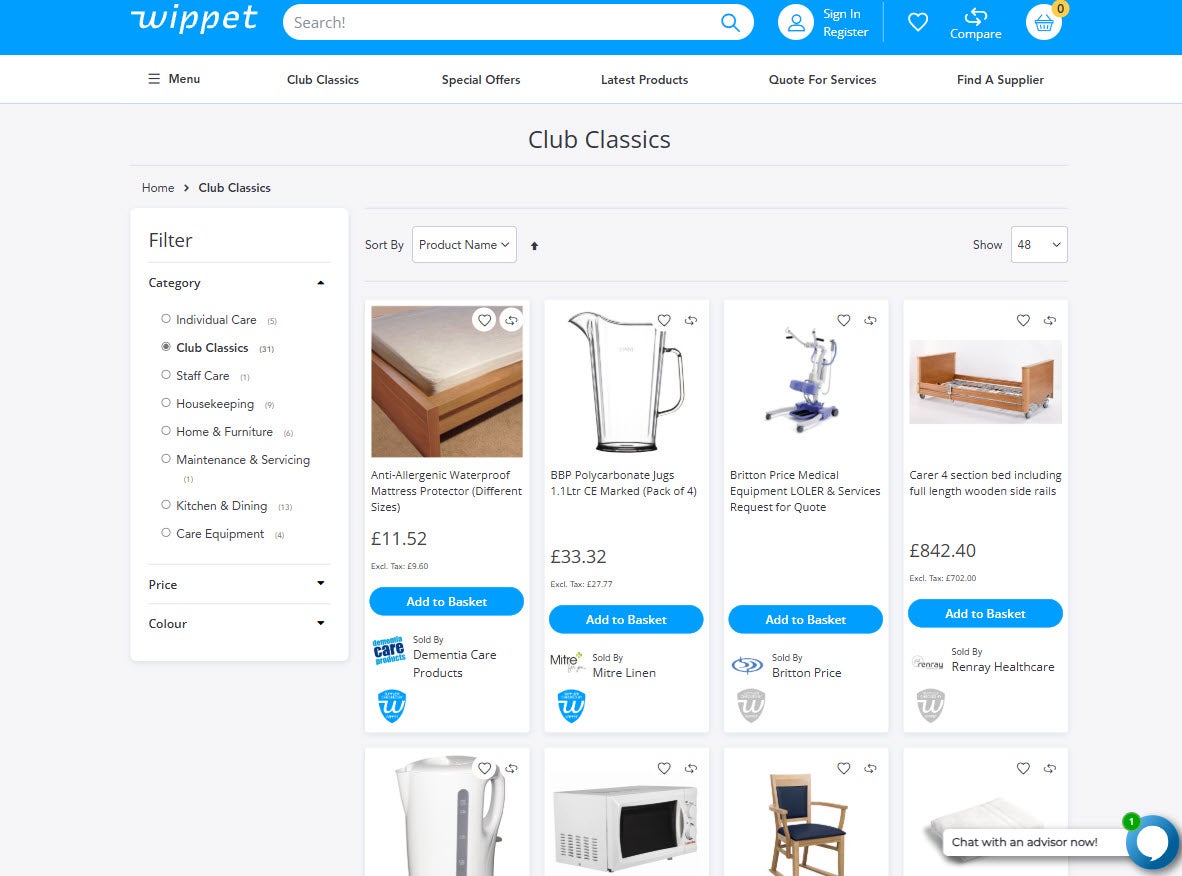
Blending services and products: The hybrid model.
The UC marketplace embraces services and products in one place, unlocking a new potential for generating income. Suppose customers could buy cleaning items and book cleaning services from the same platform. This hybrid model is in high demand and proves how versatile the platform is.
Key features that redefine digital commerce
UC Marketplace's rich offerings are designed to meet modern business demands. Some of its remarkable features are:
Headless architecture: The platform’s API-first design ensures easy amalgamation with the existing system and total flexibility at the front end.
Vendor empowerment: onboarding tools, catalog management systems, and automated payouts make it simple for vendors to run their operations effectively.
Global scalability: Built for international markets, it supports multi-region deployments, GDPR compliance, and cross-border product syndication.
Unified Commerce Orchestration: PIM (Product Information Management) and OMS (Order Management Systems), among other systems, are integrated into streamline operations.
Comprehensive Analytics: Companies can enhance performance, customer experiences, and profit by using these insights.
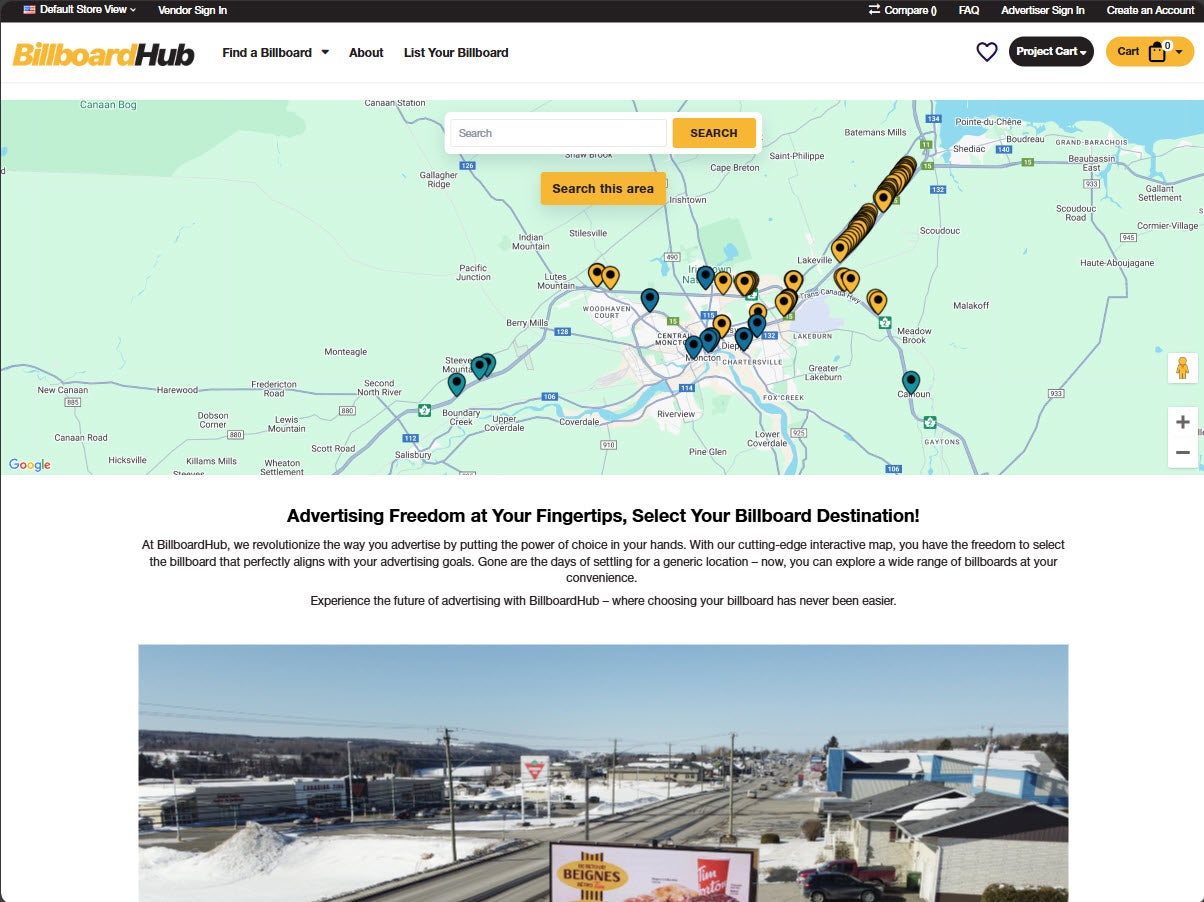
Real World Applications of UC Marketplace
The ubiquity of UC Marketplace is evident in how it can be applied universally across industries. The following are some examples to demonstrate how the platform is making a difference:
Healthcare Services: A healthcare marketplace leverages the UC Marketplace to manage appointment bookings, match providers with patients, and make milestone-based payments.
Retail Expansion: A B2C retailer has extended its range through third-party vendors who have joined through centralized catalog management and automated logistics.
B2B Procurement: To streamline procurement processes, a global industrial supplier consolidated its catalogs, merged multiple vendor RFQs (Request for Quotes), and optimized supply chain operations.
Service Marketplaces: Across various service areas, such as complex scheduling, provider coordination, and secure payment processing at different locations for clients.
These examples show the UC marketplace's ability to serve different use cases, enabling business innovation and growth.
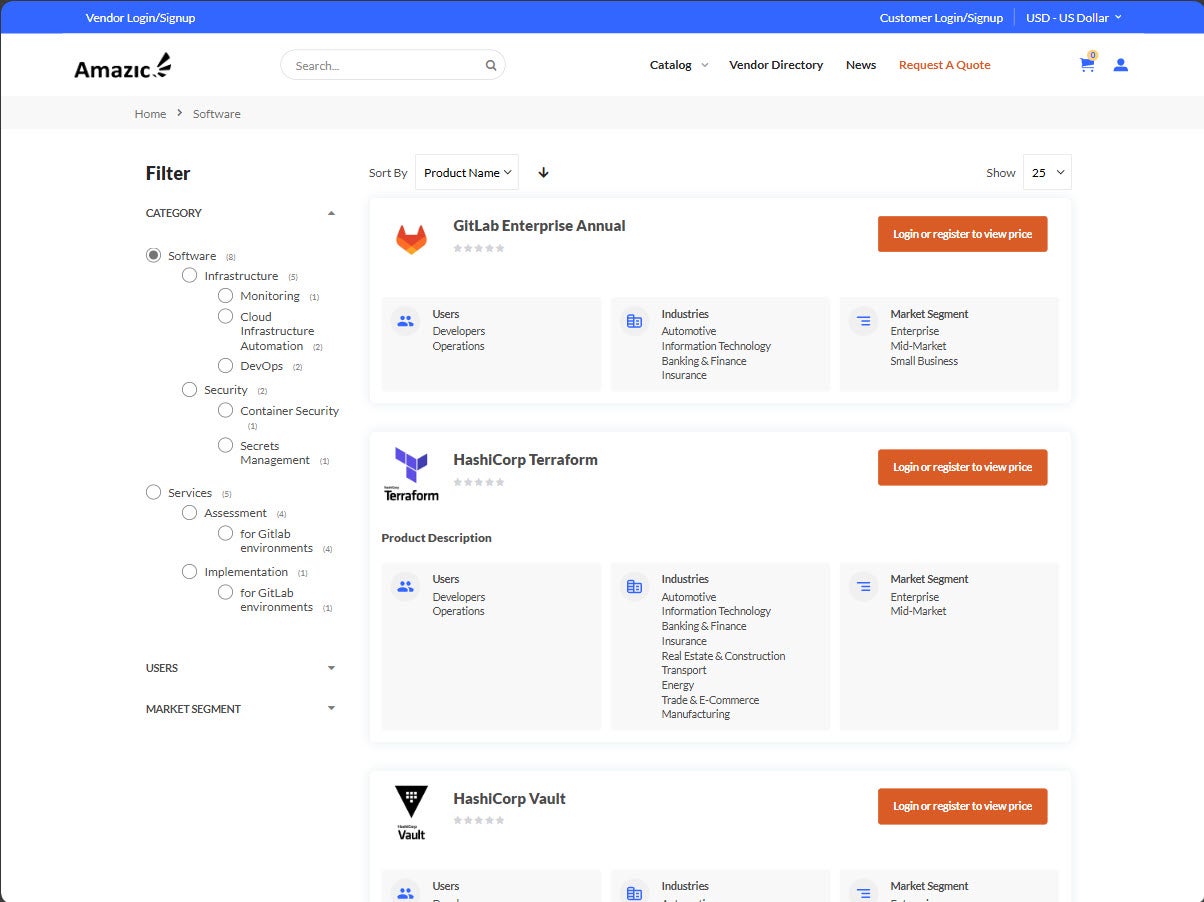
Why do Digital Marketplaces Fail to Solving Modern Commerce Problems?
Scaling up: A platform that supports millions of SKUs and high transaction volumes that can grow with your company
Flexibility: Configurations that can be tailored for various sectors, including retailing, manufacturing, or even healthcare industries
Integration: This seamless integration ensures compatibility with other enterprise systems like ERP or CRM
Automation: Simplifying manual workloads through functionalities like automatic payout systems, logistics management, and order processing.
These capabilities allow businesses to focus on adding value to their customers without being slowed down by operational inefficiencies.
Looking Ahead: The Future of Digital Marketplaces
Digital commerce is evolving, and companies like UC Marketplace are setting the pace for what is achievable. By merging booking capabilities with worldwide supply chain management, UC Marketplace promotes ingenuity, growth, and competitiveness among enterprises in a crowded market space.
Whether you’re a small business looking to expand or a multinational corporation managing complex operations, UC Marketplace offers the tools and flexibility you need to succeed. Its ability to fit into various business models, from service bookings to global supply chain control, has kept it at par with what can be termed a game changer in digital commerce.
UC Marketplace changes digital commerce by providing an extensive platform that combines local service-oriented operations with global supply chain management. It is versatile, scalable, and feature-rich, guiding businesses through the complexities of modern marketplaces.
Want your commerce operations transformed? Learn how UC Marketplace moves your business from regional success stories to globally established entities.

Akshay Sura
Akshay is a nine-time Sitecore MVP and a two-time Kontent.ai. In addition to his work as a solution architect, Akshay is also one of the founders of SUGCON North America 2015, SUGCON India 2018 & 2019, Unofficial Sitecore Training, and Sitecore Slack.
Akshay founded and continues to run the Sitecore Hackathon. As one of the founding partners of Konabos Consulting, Akshay will continue to work with clients to lead projects and mentor their existing teams.

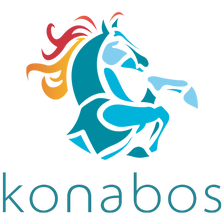

Share on social media